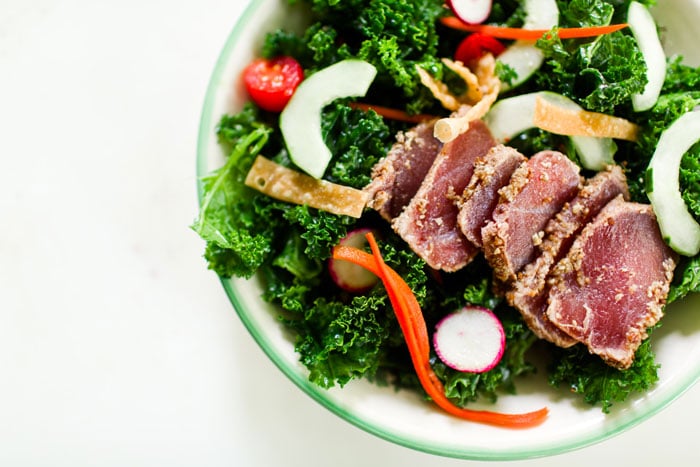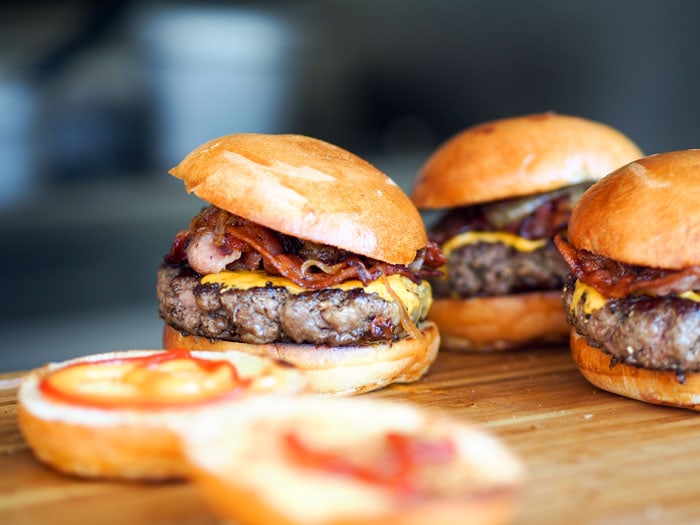
Written By: Gloria Tsang, RD
Title: Founding Registered Dietitian
Alumni: University of British Columbia
Last Updated on:

Protein is the building block of our organs, muscles, and more. I wrote about protein a lot, partly because in addition to being an essential nutrient to our bodies, it is also vital in weight maintenance. Many of my readers know that I’m a vegetarian, so the questions about getting enough protein as well as plant-based versus animal-based protein always surface.

Readers sometimes ask, is plant-based protein better than animal-based protein? Well, it’s not about which one is better, it’s more about getting enough. The fact is, if you’re a meat eater, eat meat. From a nutritional standpoint, meat is an excellent source of protein. Let’s do some math together: a 3-oz serving of beef tenderloin provides 20 grams of protein and only has 275 calories. To get the same amount of 20 g of protein from plants, I need to eat 2.5 cups of quinoa (555 calories), or 100 grams of almonds (576 calories).
Many years ago, we often talked about complete proteins and how vegetarians and vegans should combine certain foods to form a complete protein meal. This school of thought is now obsolete. As long as you eat a variety of plant-based protein throughout the day (even they contain incomplete protein), it’s still ok. Every bite counts, so include protein foods in all meals, including snacks.
As a vegetarian and for my activity level, I know I don’t get enough protein just from food. That’s why I supplement with protein powder. I discussed with CrossFit coach Dai Manuel, author of a newly released book Dai Manuel’s Whole Life Fitness Manifesto, about the challenges of getting enough protein. His go-to protein source is natural food such as beef and other lean protein, and he totally understands my challenge as he used to be a vegetarian as well. My other athlete friends often debate the merits of whey protein vs plant protein powder, and the topics of essential amino acids and branched-chain amino acids often come up. Sometimes I feel the debate is redundant. A vegan won’t suddenly start eating meat and using whey protein just because the science says animal protein is more “bioavailable”. We should all relax; both products have their own unique audience and supporters. Again, the key is to eat enough protein.
For folks with high activity levels and may have a challenge for not getting enough protein, don’t forget getting your protein from your drinks. Milk and organic soymilk are good sources; they both provide ~ 8 grams of protein per cup.

Click here for a complete list of protein content in common foods.
Alumni: University of British Columbia – Gloria Tsang is the author of 6 books and the founder of HealthCastle.com, the largest online nutrition network run by registered dietitians. Her work has appeared in major national publications, and she is a regularly featured nutrition expert for media outlets across the country. The Huffington Post named her one of its Top 20 Nutrition Experts on Twitter. Gloria’s articles have appeared on various media such as Reuters, NBC & ABC affiliates, The Chicago Sun-Times, Reader’s Digest Canada, iVillage and USA Today.
beans, dairy, eggs, lentils, nuts, protein, seeds, supplements, whole grains